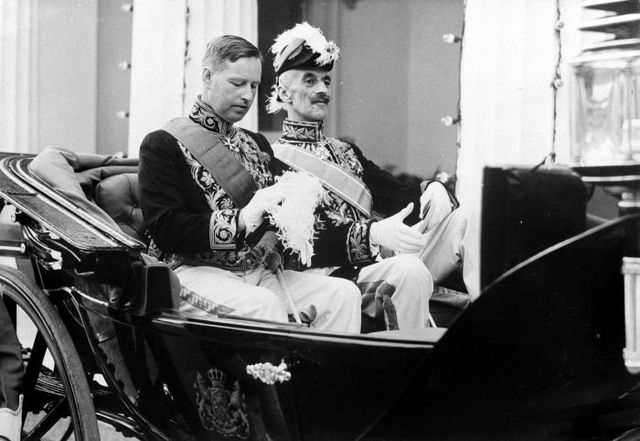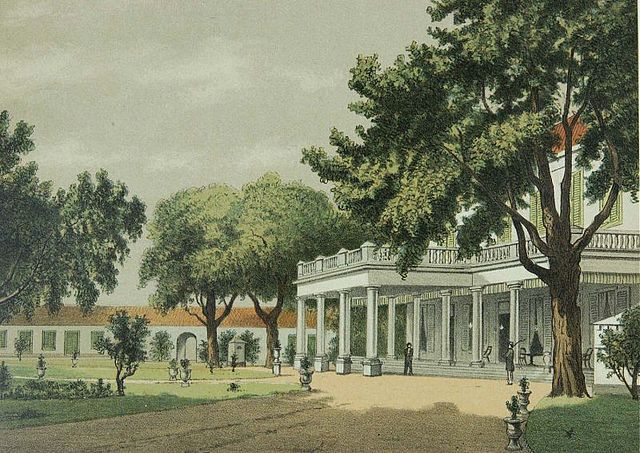Boven-Digoel concentration camp
Boven-Digoel was a Dutch concentration camp for political prisoners operated in the Dutch East Indies from 1927 to 1947. It was located in a remote area on the banks of the river Digul, in what is now Boven Digoel Regency in South Papua, Indonesia. The site was chosen in 1928 for the internal exile of Indonesians implicated in the 1926 and 1927 communist uprisings in Java and Sumatra. Indonesian nationalists not associated with the Indonesian Communist Party were subsequently also sent there.
Indonesian communist prisoners being exiled to Boven-Digoel, 1927
Internees' houses in the Tanahmerah (Boven-Digoel) concentration camp, Dutch East Indies, late 1920s
Hospital office in the Tanahmerah camp, Boven Digoel
The Dutch East Indies, also known as the Netherlands East Indies, was a Dutch colony with territory mostly comprising the modern state of Indonesia, which declared independence on 17 August 1945. Following the Indonesian War of Independence, Indonesia and the Netherlands made peace in 1949. In the Anglo-Dutch Treaty of 1824, the Dutch ceded the governorate of Dutch Malacca to Britain, leading to its eventual incorporation into Malacca (state) of modern Malaysia.
The Submission of Prince Dipo Negoro to General De Kock, by Nicolaas Pieneman
Tjarda van Starkenborgh Stachouwer and B. C. de Jonge, the last and penultimate governor-general of the Dutch East Indies, before the Japanese invasion
The governor-general's palace in Batavia (1880–1900)
House of the Resident (colonial administrator) in Surabaya







